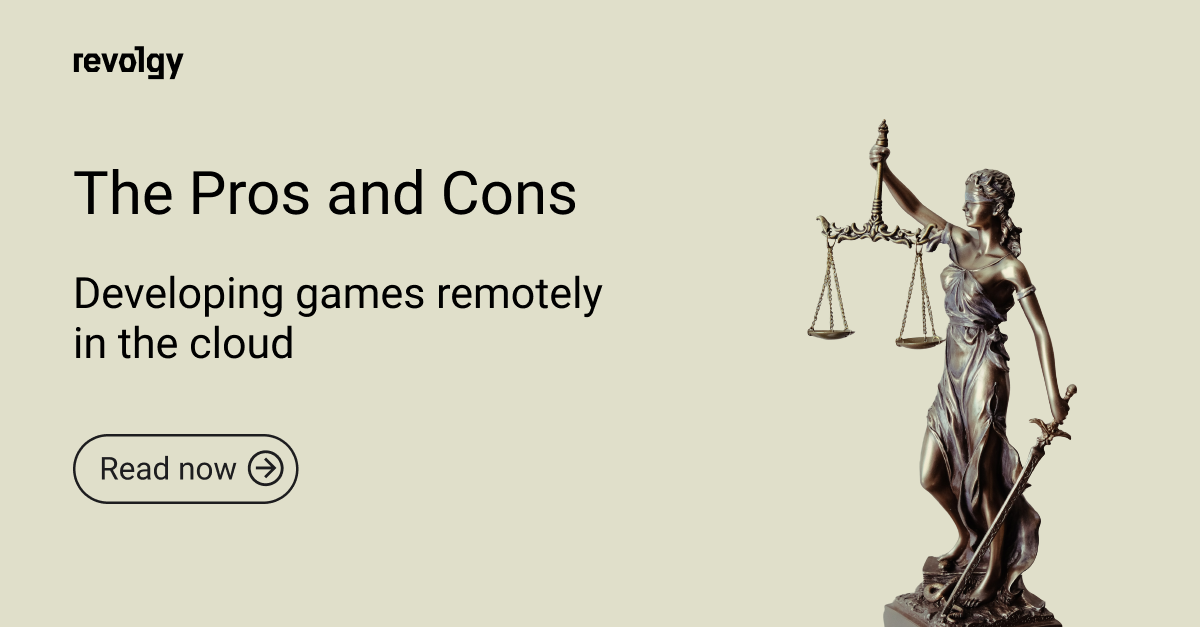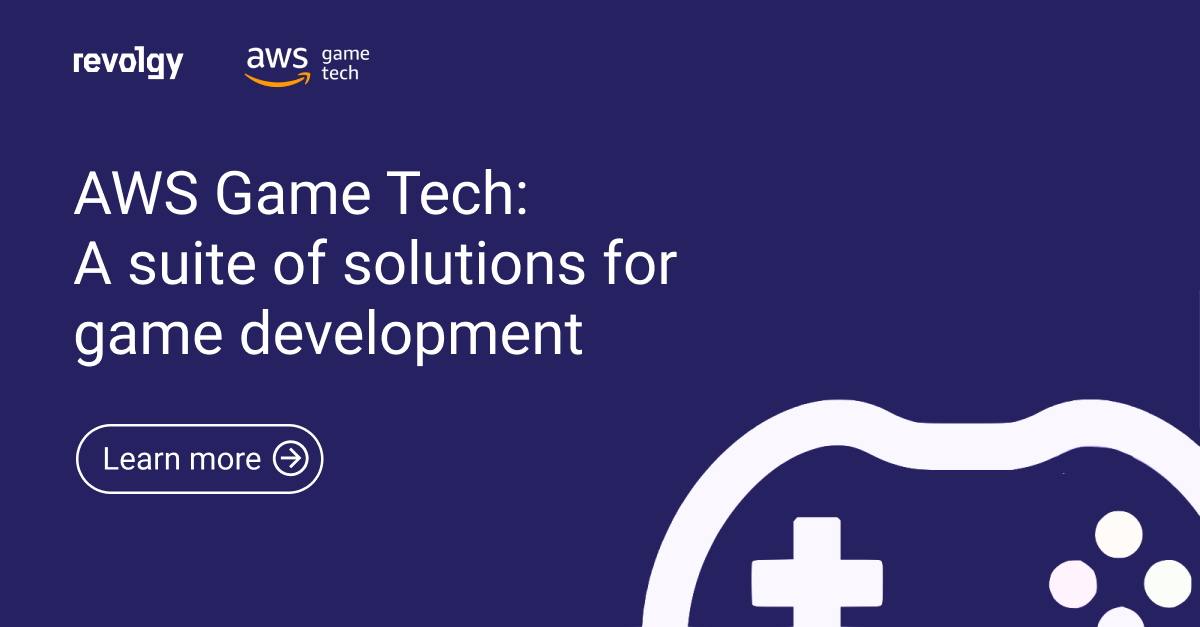AWS, Professional Services, Gaming
Data security, user privacy, and compliance in cloud-based game development
Data security, user privacy, and compliance with industry regulations are critical concerns for game developers, particularly when leveraging cloud-based solutions. In this blog post, we will discuss strategies for ensuring these aspects while developing games in the cloud and provide links to relevant resources.
Choose a Reputable Cloud Provider
Select a cloud provider with a strong track record of security, privacy, and compliance. Make sure they offer built-in security features, data encryption, and robust access controls. Additionally, verify their compliance with industry standards, such as GDPR, CCPA, and ISO 27001. AWS, for instance, provides a range of security services and features, including AWS Identity and Access Management (IAM), AWS Key Management Service (KMS), and AWS Shield.
The same applies to cloud provider partners. You will most likely meet the partner at some point. All the major cloud providers (AWS, GCP, Azure) work the same way. If you are not Epic Games, most likely partners will provide support.
Implement Data Encryption
Encrypt sensitive data both at rest and in transit. Use encryption protocols like SSL/TLS for data transmission and encryption algorithms like AES for data storage. AWS encryption options offers server-side encryption (SSE) for Amazon S3 and the AWS Key Management Service (KMS) for managing encryption keys.
Establish Strong Access Controls
Implement role-based access control (RBAC) and the principle of least privilege to limit access to sensitive data and resources. Regularly review and update access permissions to ensure only authorized personnel can access the required information. AWS Identity and Access Management (IAM) allows you to create and manage AWS users and groups while defining permissions to allow or deny access to AWS resources.
Conduct Regular Security Audits
Regularly audit your cloud environment and game applications for potential security vulnerabilities. Perform penetration testing and code reviews to identify and mitigate potential risks. Use tools like AWS Security Hub, AWS Config, and Amazon Inspector to monitor and analyze the security posture of your cloud environment.
Ensure Compliance with Industry Regulations
Understand the specific regulations applicable to your game, such as GDPR, CCPA, or COPPA, and ensure your game and cloud infrastructure comply with these requirements. AWS provides a range of resources and tools to help you maintain compliance, such as AWS Artifact for obtaining compliance reports and AWS Config for tracking resource configuration changes.
Implement Logging and Monitoring
Enable logging and monitoring of your cloud environment to detect and respond to security incidents. Use services like Amazon CloudWatch and AWS CloudTrail to monitor and log activity in your AWS environment. Establish alerts and notifications for any suspicious activity or security breaches.
Conclusion
Ensuring data security, user privacy, and compliance with industry regulations is crucial when developing games in the cloud. By choosing a reputable cloud provider, implementing data encryption, establishing strong access controls, and conducting regular security audits, you can safeguard your game and its users. Utilizing the provided resources and tools will help you create a secure and compliant cloud-based gaming experience.
As an AWS partner, we'll help you find the best solutions and services to protect your environment, set them up, and manage them if needed. If you have any questions, please don't hesitate to let us know.
Want to know more about cloud game development? We recommend checking out our expert blog article Behind the scenes of your favorite games.



